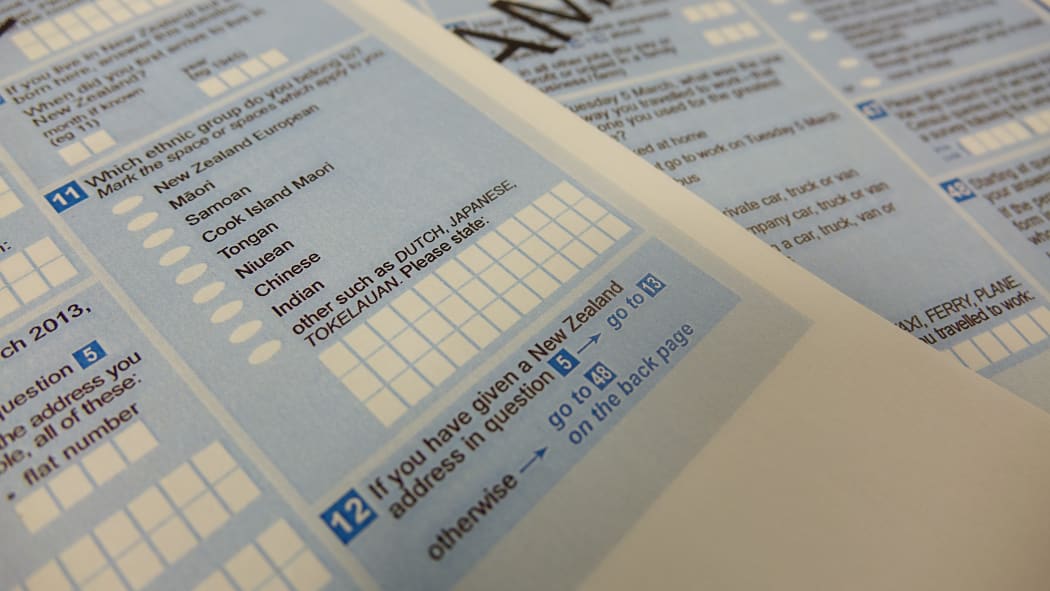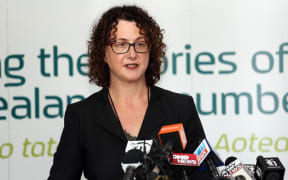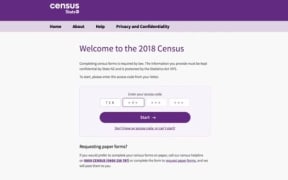Māori rely on official data for a raft of services and the delay in releasing the census information risks many things falling by the wayside, an iwi leader says.

Photo: RNZ / Kim Baker Wilson
One in seven people did not complete last year's census - the first to be moved mostly online.
The low response rate has delayed the release of data until September - 18 months after the census was taken.
Stats NZ says it has plugged enough of the gaps in the census to be able to start releasing data from September but some data - including iwi statistics - are too incomplete to be regarded as official statistics.
For many iwi, the census is the only source of reliable socio-economic and demographic data about tribal members around the country.
Rahui Papa, spokesperson for the Data Iwi Leaders Group, part of of the National Iwi Chairs Forum, said the statistics inform Treaty settlements, education and spending by both iwi and government.
"Although iwi have collected their own data, government agencies rely on official statistics ... and without those official statistics a whole host of things could go by the wayside.
"We are hoping that there are ways forward to work with responsible ministers and the statistician of Aoteoroa to be able to rectify the situation sooner rather than later."
Mr Papa said the increased reliance on filling forms online was a factor in making the data harder to collect.
The possible lack of engagement of Māori to collect Māori data was another, especially when going to "some of the most impoverished houses around the country", he said.
Mr Papa said there was likely to be more of a regional focus in the future and he hoped for more iwi consultation.
"We think there are a whole host of things that we can do alongside the statistician and we've got a commitment from ministers and the statistician to see how we can work together to rectify the situation."
Government Statistician Liz MacPherson said yesterday the data was good enough to provide information for setting boundaries of both general and Māori electorates.
"By combining the census forms with the admin data we've been able to come up with a Māori descent population which is more comprehensive than the 2013 census. And it's Māori descent that's used for electoral boundaries."
"The proportion of the Māori population that has participated in the census has tended to decrease over time," she said. "The good news about the combination of the census forms with the administrative data is that actually we are able to find more of the population that is harder to count."






